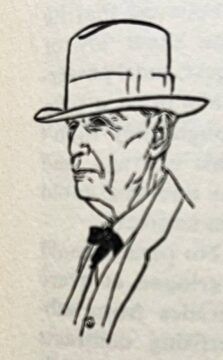by Kyle Munkittrick
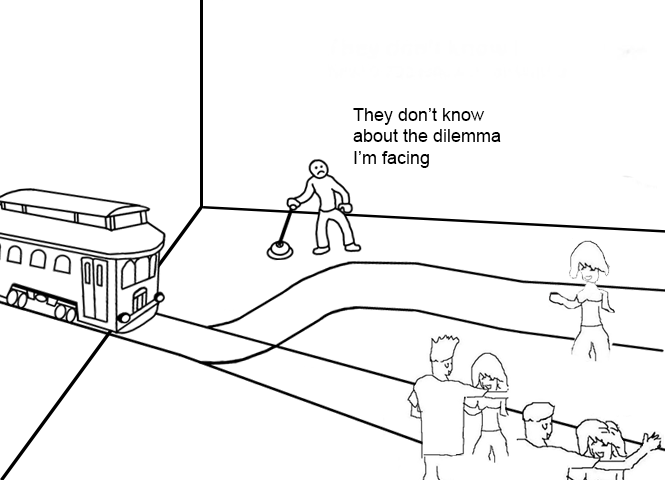
Ezra Klein and Derek Thompson’s new book, Abundance, inadvertently exposes a blind spot in our collective moral calculus. In making their case for a better politics, I think they’ve also, as an accidental by-product, solved the infamous Trolley Problem.
Abundance argues that improving the supply of things like housing and energy is good on its own term and that material abundance can help address collective problems, like homelessness or climate change. The choice between allowing people to sleep on the streets in tents or forcing them into shelters is, as Klein and Thompson point out, a false dilemma caused by poor housing policy. The choice between growth and progress vs climate change is a false dilemma caused by poor energy and construction policy. Klein and Thompson are, justifiably, focused on the political thorniness of these issues, but, in their efforts, also demonstrate something startling: they implicitly demonstrate that material abundance can obviate moral quandaries.
The Trolley Problem is so well known and over-explored it’s easy to forget that it is relatively new. The Trolley Problem is a modern moral dilemma. There are no trolleys in nature. You cannot replace the trolley with a bear or a hurricane or an opposing tribe—those things do not run on tracks, their brakes can’t go out, and there is no simple lever by which you choose their behavior. The Trolley Problem is a problem of technology, yet none of its solutions are allowed to be. Read more »

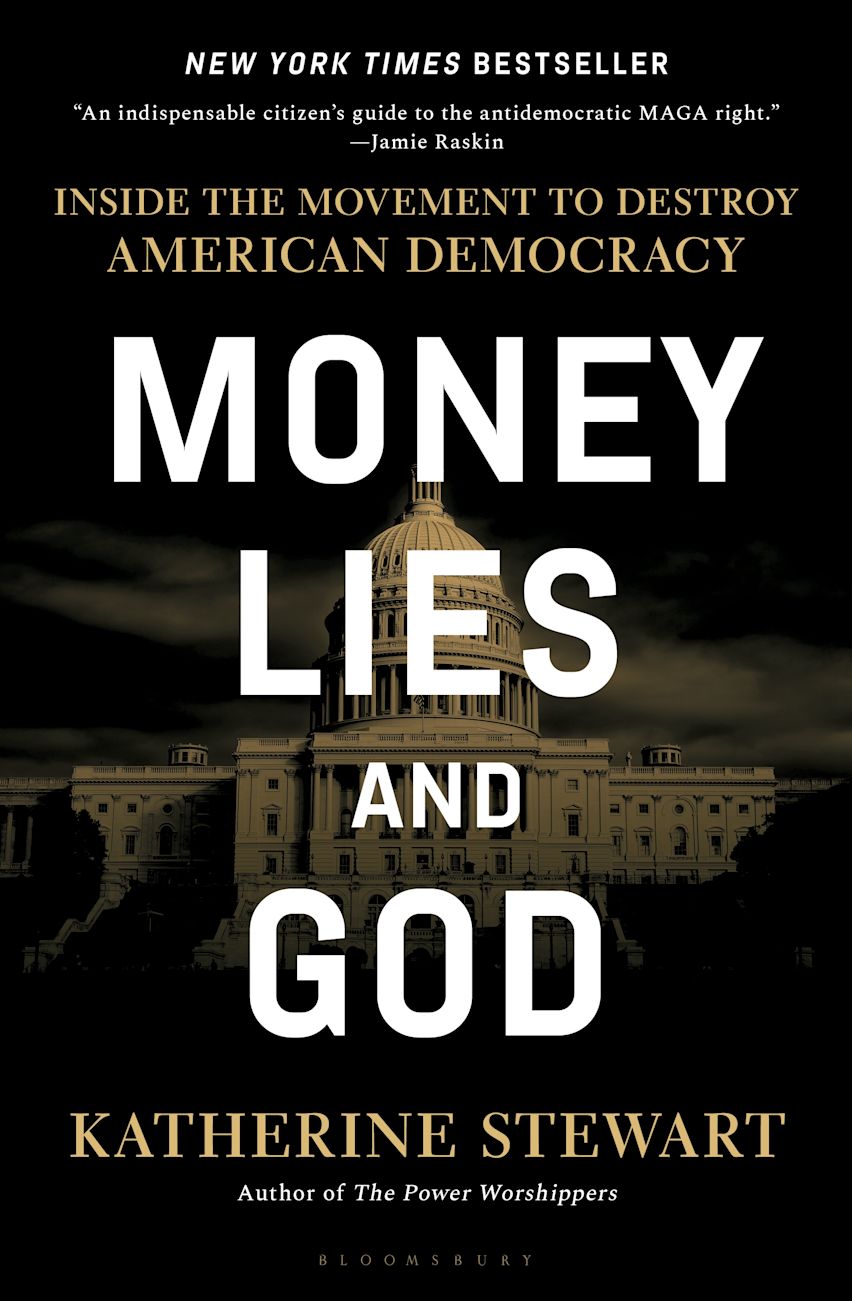

 “In bardo again,” I text a friend, meaning I’m at the Dallas airport, en route to JFK. I can’t remember now who came up with it first, but it fits. Neither of us are even Buddhist, yet we are Buddhist-adjacent, that in-between place. Though purgatories are not just in-between places, but also places in themselves.
“In bardo again,” I text a friend, meaning I’m at the Dallas airport, en route to JFK. I can’t remember now who came up with it first, but it fits. Neither of us are even Buddhist, yet we are Buddhist-adjacent, that in-between place. Though purgatories are not just in-between places, but also places in themselves.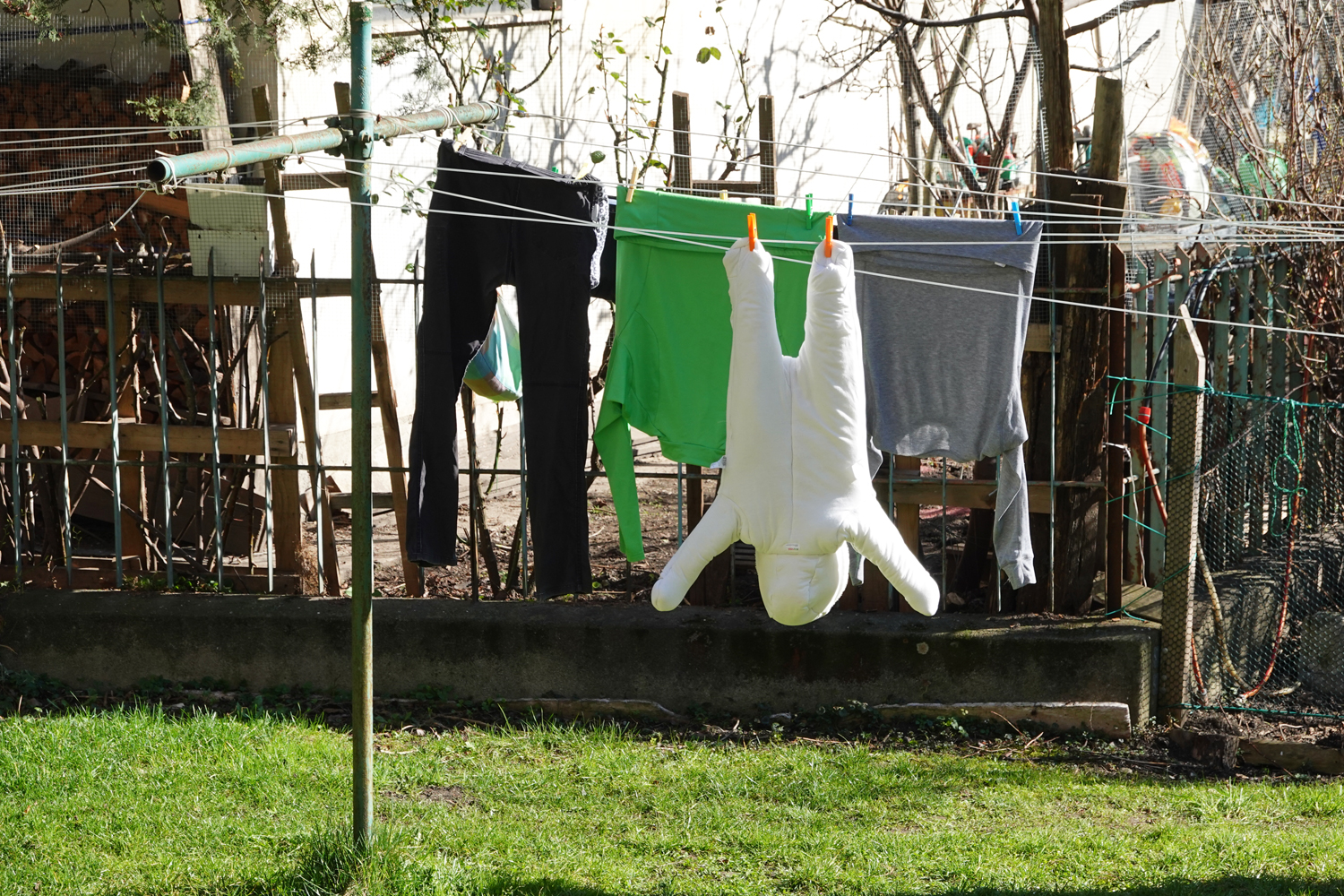
 Do corporations have free will? Do they have legal and moral responsibility for their actions?
Do corporations have free will? Do they have legal and moral responsibility for their actions?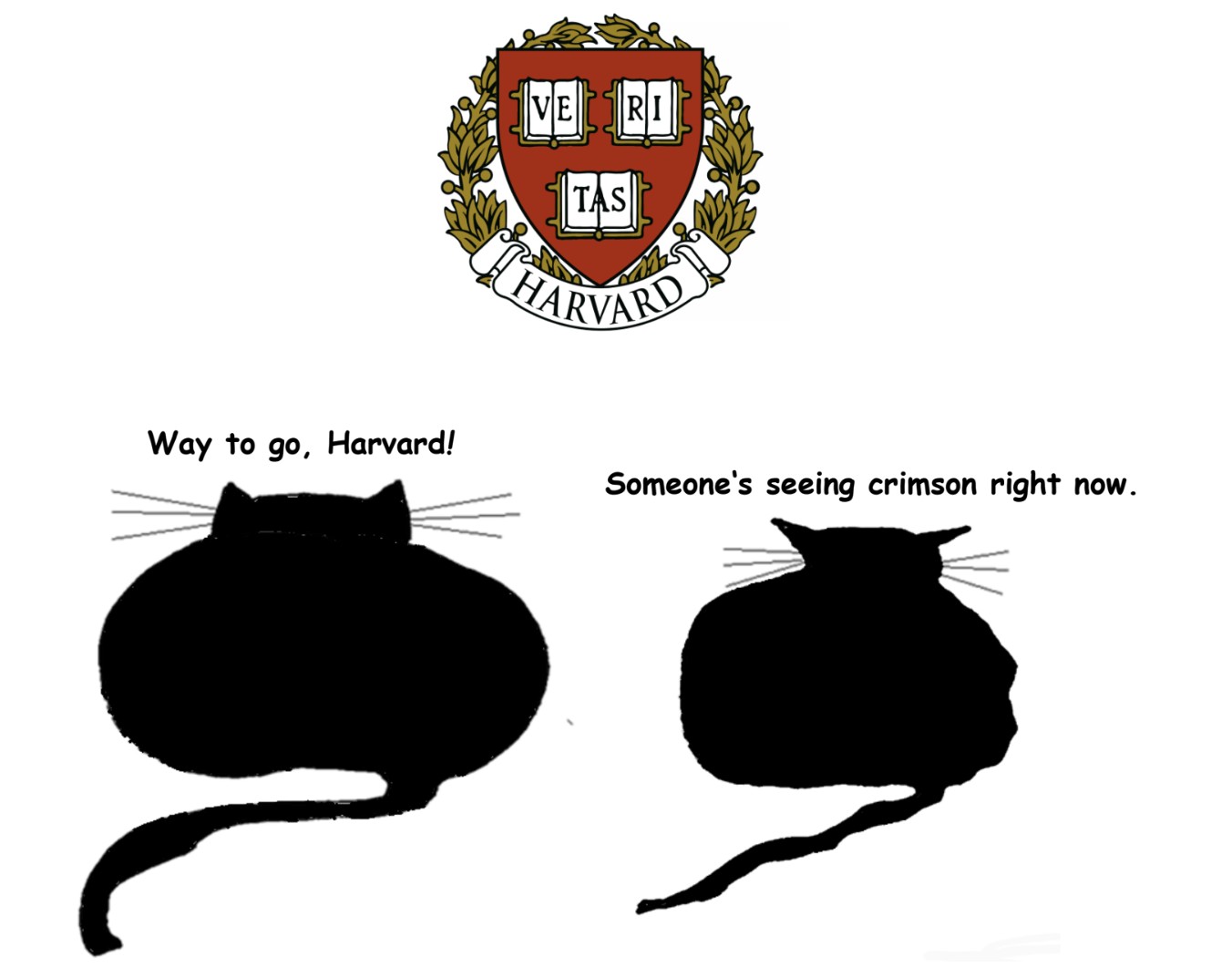
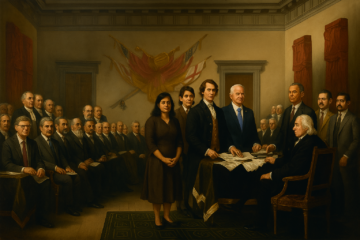


 Stephanie Morisette. Hybrid Drone/Bird, 2024.
Stephanie Morisette. Hybrid Drone/Bird, 2024.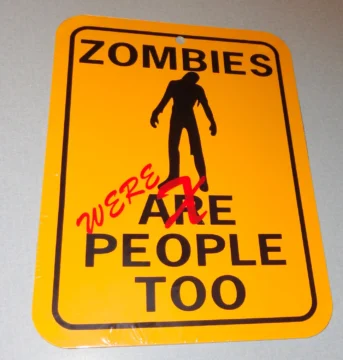
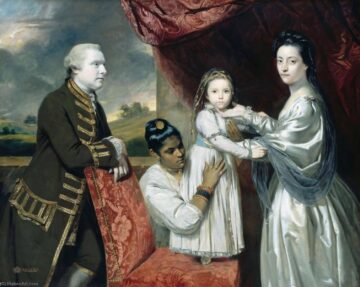

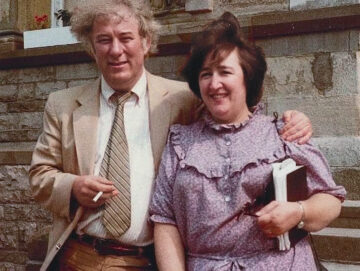
 In his inaugural speech on 20 January 2025, Donald Trump jumped into the fray on the contentious issues of gender identity and sex when he announced that his administration would recognise “only two genders – male and female”. At this point there is no conceptual clarity on his understanding of the contested issues of ‘gender’ and ‘male and female’, but we do not have to wait too long before he clarifies his position. His executive order, ‘Defending Women from Gender Ideology Extremists and Restoring Biological Truth to Federal Government’ signed by him soon after the official formalities of his inauguration were completed, sets out the official working definitions to be implemented under his administration.
In his inaugural speech on 20 January 2025, Donald Trump jumped into the fray on the contentious issues of gender identity and sex when he announced that his administration would recognise “only two genders – male and female”. At this point there is no conceptual clarity on his understanding of the contested issues of ‘gender’ and ‘male and female’, but we do not have to wait too long before he clarifies his position. His executive order, ‘Defending Women from Gender Ideology Extremists and Restoring Biological Truth to Federal Government’ signed by him soon after the official formalities of his inauguration were completed, sets out the official working definitions to be implemented under his administration.